Publications

Custodial violence is one of the most serious violations of human dignity and the law. It implies any kind of physical or mental maltreatment suffered by persons in the custody of the law enforcement agencies, be it police, judicial, or prison establishments. Torture, ill-treatment, sexual abuse, and even death are all encompassed within it. In spite of constitutional protection and international obligations, custodial violence is a continuing and alarming phenomenon in most parts of the globe, including India. The Genesis of Custodial Violence The genesis of custodial violence is multi-dimensional, often based on a cluster of systemic failures as well as random excesses by individuals.
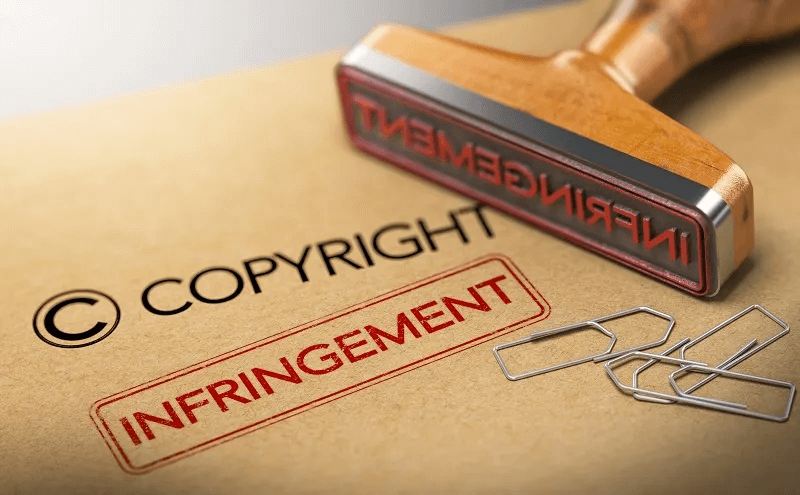
The Indian Copyright Act, 1957 is the main law that governs copyright protection in India and seeks to safeguard the creator’s rights of original literary, dramatic, musical, and artistic works, as well as cinematograph films and sound records.
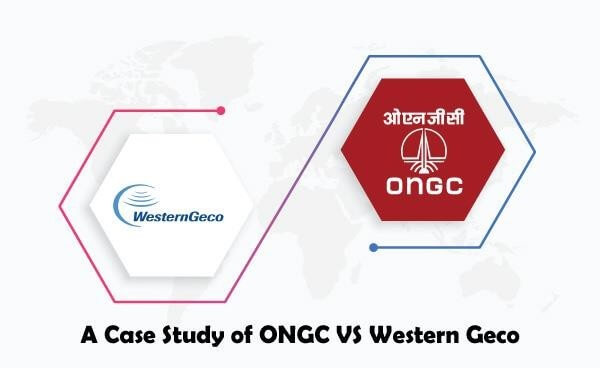
The decision in Oil and Natural Gas Corporation Ltd. v. Western Geco International Ltd., (2014) 9 SCC 263, remains a pivotal moment in Indian arbitration jurisprudence. It marked a doctrinal expansion in the scope of judicial review under Section 34 of the Arbitration and Conciliation Act, 1996. The case elevated the role of courts in ensuring that arbitral awards, especially in matters involving state entities, adhere to fundamental principles of fairness, rationality, and legality. This article offers a detailed analysis of the ruling, explores its statutory foundations, evaluates its compatibility with global arbitration standards, and examines its legacy and eventual recalibration through legislative amendments and subsequent judgments.

Live-in relationships—where two adults cohabit without marrying—are increasingly common in India’s urban landscape. While these arrangements reflect changing social attitudes and personal autonomy, they also raise complex legal questions. Indian law does not specifically define or regulate live-in relationships, but courts have played a crucial role in shaping their legal status and extending certain protections. This blog explores the legal framework, key judicial decisions, pros and cons, and recent developments regarding live-in relationships in India.

Indian courts are increasingly grappling with the admissibility of this "digital evidence," particularly WhatsApp chats, which have become ubiquitous. From casual conversations on WhatsApp to official emails and online transactions, a significant portion of our interactions leaves a digital footprint. Naturally, as society evolves, so too must our legal frameworks. This blog explores the current legal landscape, the challenges involved, and the path forward for effectively utilizing digital evidence in India.

As the world develops and advances in technology, cyber fraud is becoming increasingly harmful. As a citizen of any country, a cyber-attack is one of the most dangerous weapons that the opposition can use to attack the country. Technology is the most essential tool we use to enhance our knowledge and make our work easier. Data says that we use only 4% of the internet, and the remaining 96% of the internet is the dark web. The dark web is web content that uses the internet but requires special software and authorization to access it.

In every other criminal justice system, the rights of the accused are as important as punishing the criminal. The Indian justice system, underpinned by constitutional guarantees, guarantees the accused just and respectful treatment. With the coming of the Bharatiya Nyaya Sanhita, 2023 (BNS)—that will replace the IPC—India is trying to reform its criminal laws. Together with the BNSS and BSA, the BNS imparts the rights of the accused in the categories of investigation, trial as well as after conviction based on the constitutional articles of 20, 21 and 22, and enforced by judicial decisions.
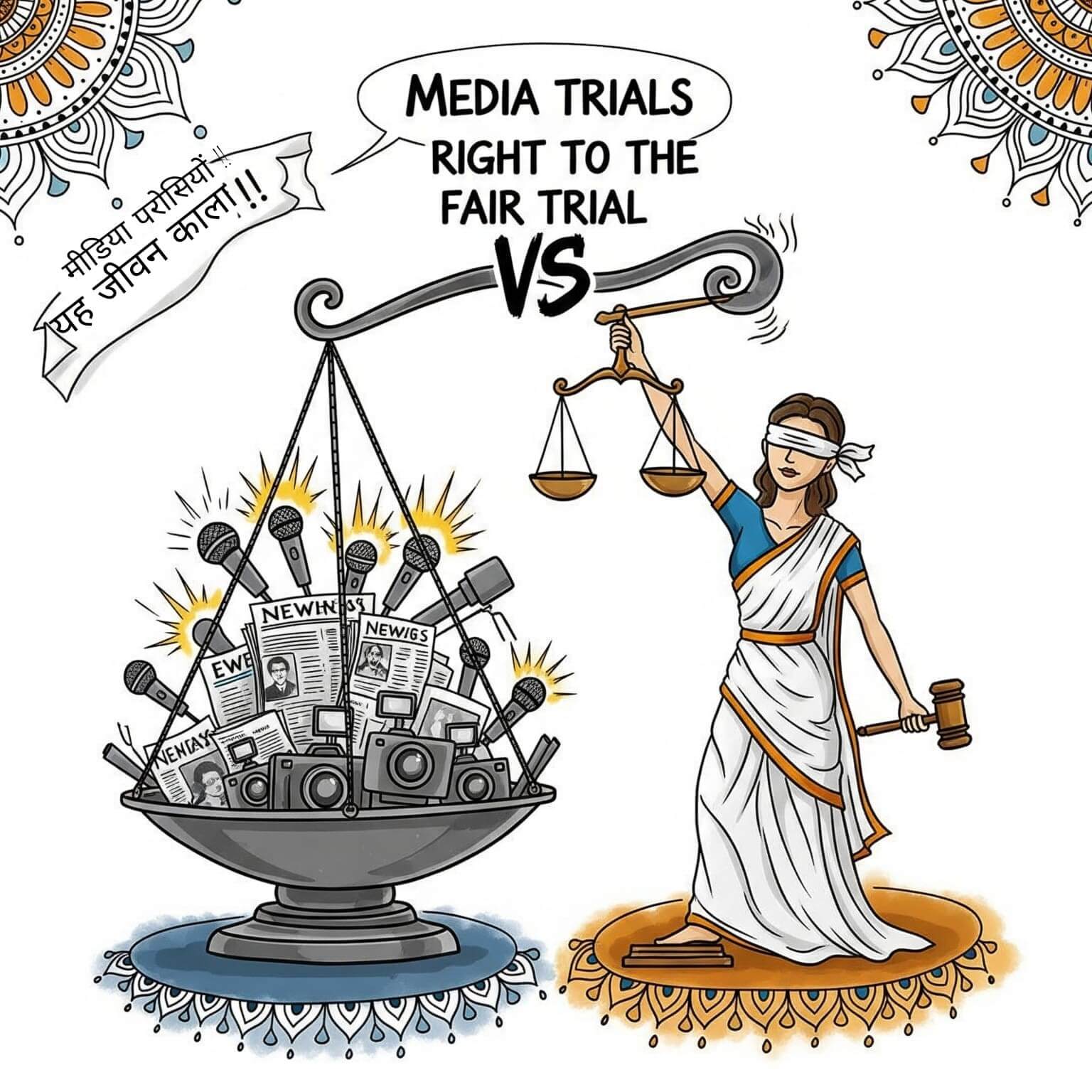
Ever wondered what happens when the courtroom drama spills onto our television screens and social media feeds, transforming into a public show long before a verdict is reached? The gavel falls, a hush descends, and justice, in theory, is served. This is the core of the complex and often argumentative relationship between media trials and the fundamental right to a fair trial, a constitutional dilemma that India wrestles with intensely.
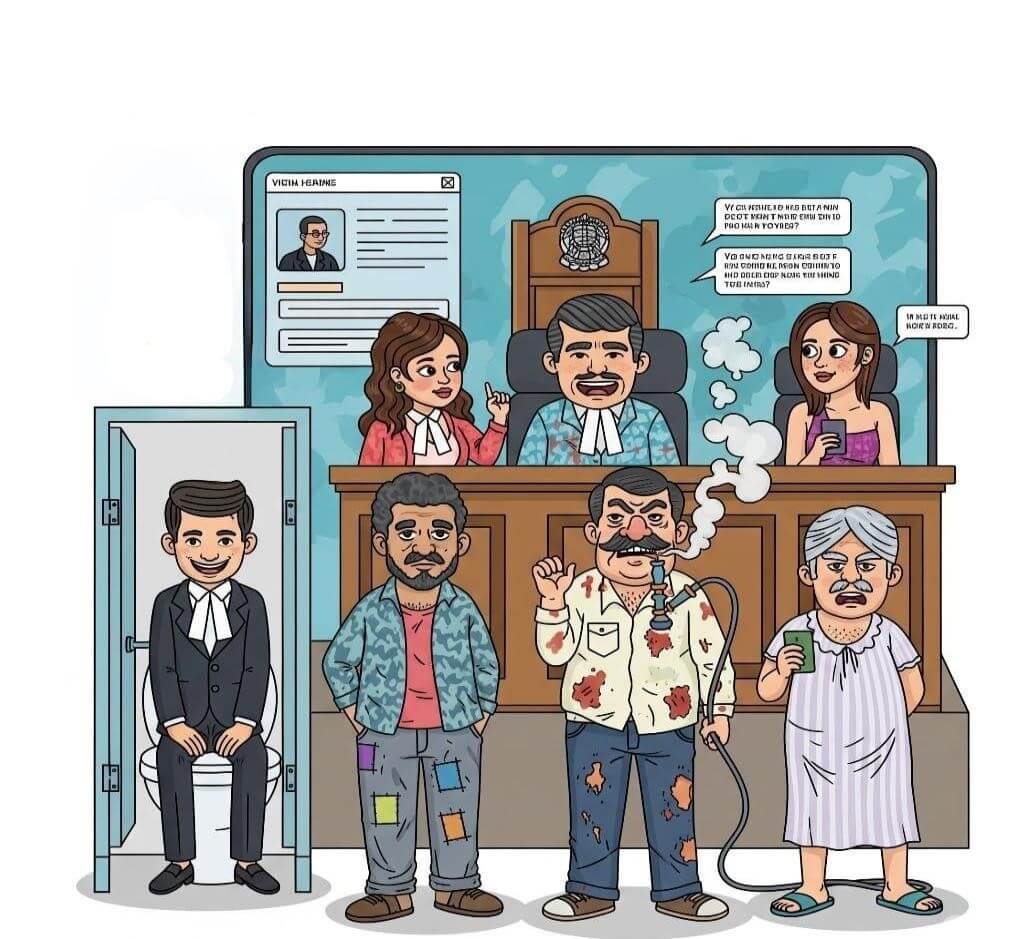
With the gavel gone virtual are online courtrooms turning into a droll? Much like the rest of the world with optimism and necessity arising out of pandemic India embraced virtual courts, but with increasing backlog of cases and a revolutionary step towards accessibility, virtual hearings became the new normal! But however now that we stand in July 2025, the initial euphoria seems to be giving way to a collective sigh, as the digital transition reveals a stark truth: online courtrooms, for all their promises, are increasingly turning into a droll affair.

The crime that stunned the nation in May 2025—a newly married man pushed to his death during his honeymoon in Meghalaya—has since evolved into one of the most disturbing criminal investigations of the decade. This case, involving the murder of Raja Raghuvanshi, allegedly by his wife Sonam and her accomplices, transcends the boundaries of a "true crime" headline. It represents the convergence of law, love, betrayal, forensic science, media influence, and gender dynamics.
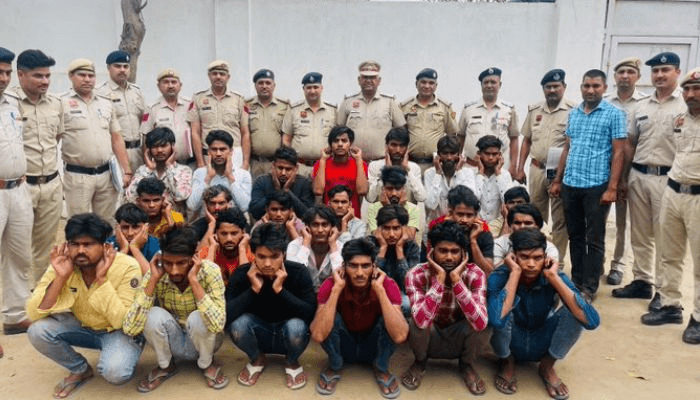
Once a quiet and underdeveloped corner of Haryana, the Nuh district has now gained national attention for all the wrong reasons. Previously known for its agrarian economy and developmental challenges, Nuh is emerging as a notorious hub of cybercrime. Much like Jamtara in Jharkhand, Nuh has seen a surge in digital frauds, phishing attacks, sextortion, fake job scams, and online identity thefts originating from its villages.

White-collar crime refers to financially motivated, non-violent offenses committed by individuals, businesses, or government officials, typically within professional settings. These crimes often involve fraud, deception, or abuse of power and are usually committed by individuals in positions of trust. The term was coined by sociologist Edwin Sutherland in 1939, who defined it as a “crime committed by a person of respectability and high social status in the course of their occupation.” Cartier Replica
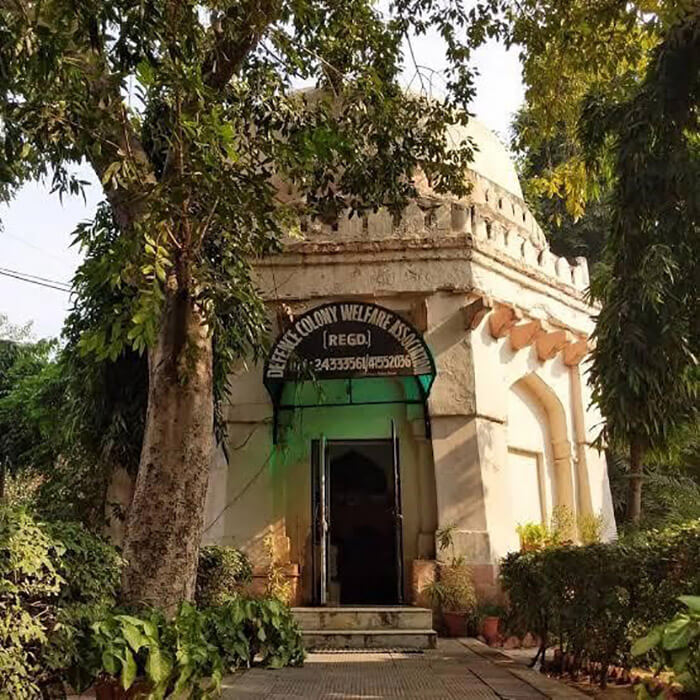
In a landmark decision, the Supreme Court of India has directed the Defence Colony Welfare Association (DCWA) to propose the amount of compensation it should pay for the unauthorized occupation of the 500-year-old Lodhi-era monument, Shaikh Ali 'Gumti,' over the past six decades. This ruling underscores the judiciary's commitment to preserving India's rich cultural heritage and holding accountable those who encroach upon protected historical sites.
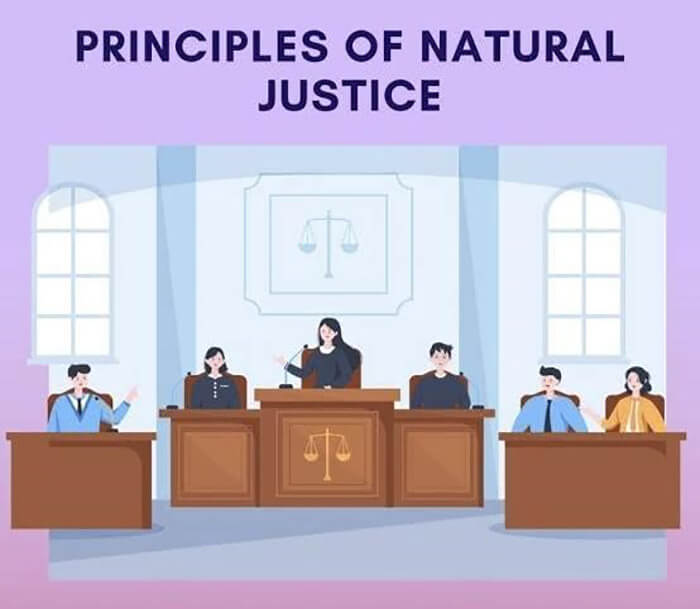
Introduction
Natural justice is a fundamental principle of law that ensures fairness, reasonableness, and impartiality in decision-making processes, especially in administrative and judicial proceedings. It is derived from the concept of natural law and aims to protect individuals from arbitrary actions by authorities. Natural justice is recognized globally and is an essential part of constitutional, administrative, and human rights law.
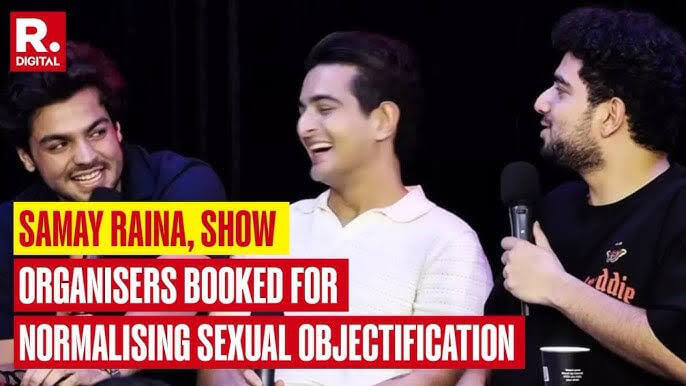
Ranveer Allahbadia, popularly known as BeerBiceps, is an Indian YouTuber, podcaster, and entrepreneur. Born on June 2, 1993, in Mumbai, Maharashtra, he pursued a Bachelor of Engineering in Electronics and Telecommunication from Dwarkadas J. Sanghvi College of Engineering. In 2015, he launched his YouTube channel, BeerBiceps, focusing on fitness, lifestyle, and self-improvement content.

The Protection of Children from Sexual Offences (POCSO) Act, 2012 is an Indian law designed to protect children (anyone below 18 years) from sexual abuse and exploitation. It provides a legal framework to deal with sexual offenses against minors, ensuring child-friendly procedures during investigation and trial.

The Narcotic Drugs and Psychotropic Substances (NDPS) Act, 1985 is India’s primary legislation for controlling and regulating narcotic drugs and psychotropic substances. Enacted to combat drug trafficking and abuse, the Act provides stringent provisions for offenses related to the production, possession, sale, transportation, and consumption of narcotic and psychotropic substances.
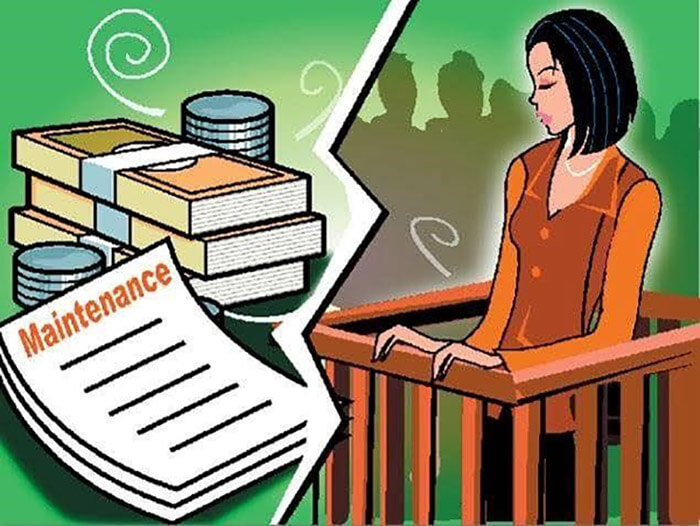
This Article is written by Manmeet Kaur, 4th year, B.A. LL.B student at Ideal Institute Of Management And Technology (Affiliated to GGSIP University, New Delhi)

Look Out Circulars: A Comprehensive Guide
Look Out Circulars (LOCs) is a legal instrument utilized by law enforcement agencies in India to monitor and control the movement of individuals, particularly those suspected of criminal activity. In this blog, we will delve into the intricacies of LOCs, examining their purpose, issuance process, legal implications, and recent developments.
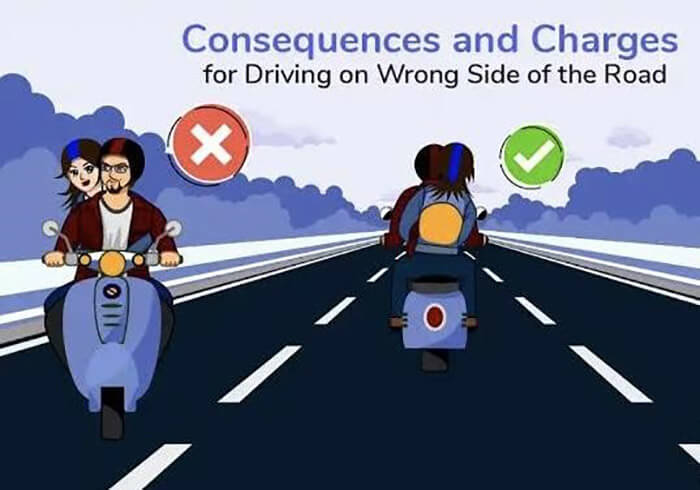
Introduction
Wrong-side driving, or driving against the designated traffic flow, is a serious traffic violation that poses significant risks to road safety. In India, where road accidents are a major cause of fatalities, wrong-side driving is a pressing concern. This article examines the legal implications of wrong-side driving in India, compares them with regulations in other countries, and highlights the need for stricter enforcement and awareness. rolex replications

Ramesh Ratan Jadhav v. State of Maharashtra & Ors.:
The Bombay High Court has upheld the conviction of a primary school teacher accused of sexually assaulting three young students in their classroom. The case highlights the vulnerabilities children face and the crucial role of the judiciary in upholding justice and safeguarding the welfare of minors. The court's meticulous scrutiny of evidence, implications for educational policies, and broader societal implications of the verdict underscore the gravity of the charges and the judiciary's role in safeguarding the rights and safety of children in educational settings. This blog delves into the case details, examining the court's findings, the implications for child safety measures in schools, and the broader societal impact of such judicial pronouncements. Repliki zegarkow

Introduction:
The Negotiable Instruments Act, of 1881, is an Indian legislation that regulates the law relating to negotiable instruments like promissory notes, bills of exchange, and cheques. Its primary aim is to facilitate the transfer of these instruments and ensure their smooth operation in commercial transactions. The Act provides a framework for creating, transferring, and paying these instruments, which are crucial for trade and commerce as they offer a secure and efficient payment method. It ensures that the rights and obligations of parties involved are clear and enforceable.
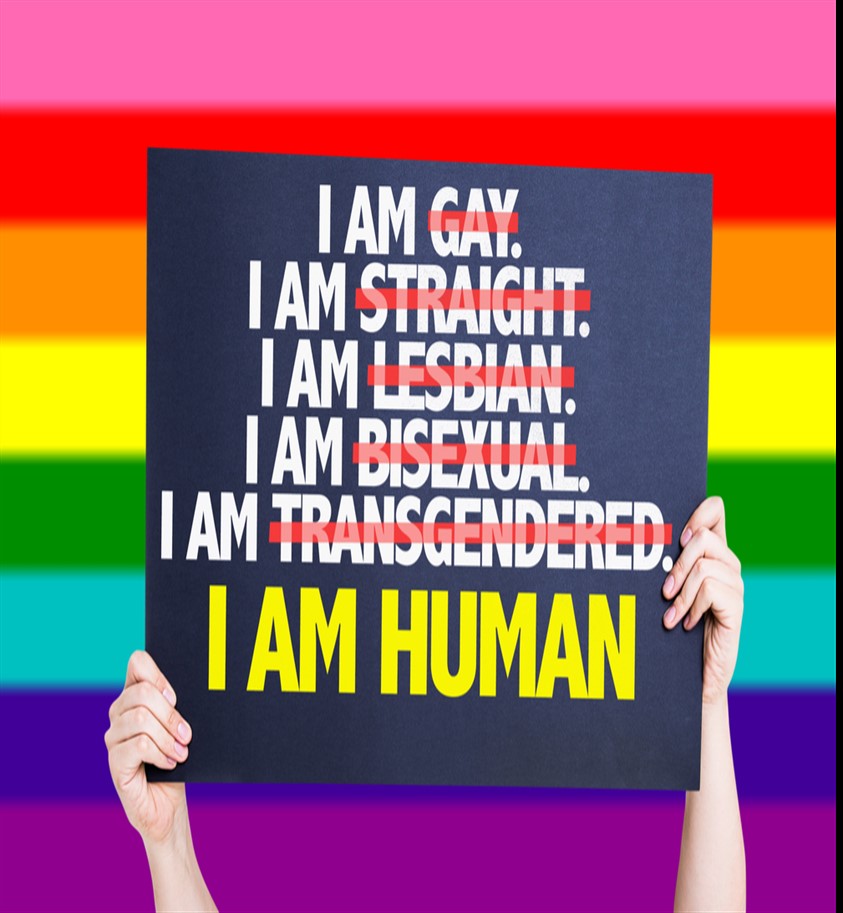
Introduction:
LGBTQ students face significant challenges in educational settings, including discrimination, bullying, and exclusion, which can negatively impact their mental health, academic performance, and overall well-being. Despite legal protections and societal attitudes, many struggle to find acceptance and support. Creating an inclusive environment is crucial for their personal and academic development. Various stakeholders, including educators, parents, peers, non-profit organizations, and community leaders, are working to make schools more welcoming and inclusive. Governments worldwide have implemented legal provisions and landmark court rulings, setting precedents for equality and inclusion in education.

In 2024, a surge in student suicides in Kota, particularly among NEET aspirants, has been highlighted due to the city's high concentration of coaching institutes and intense competitive atmosphere. The city attracts thousands of students from across India each year, hoping to secure admissions into prestigious medical and engineering colleges. However, this intense academic environment has also led to a concerning rise in student suicides. This crisis highlights the urgent need for change in educational and societal systems to address the pressures faced by these students and the need for societal changes. Recently, this marks the 11th suspected student suicide in Kota this year. Last year, the city reported 26 cases of alleged student suicides. The exact reasons behind these tragic incidents are unclear, but the intense pressure and competition associated with NEET preparation are often cited as contributing factors. It’s essential to address mental health concerns and support students during such challenging times. rolex replica

Arbitration, as a method of dispute resolution, has witnessed a significant evolution in India over the years, shaped by legislative reforms, judicial interpretations, and economic developments. The recent judgment of the Hon’ble Supreme Court of India in Cox and Kings Ltd. v. SAP India Pvt. Ltd. adds another milestone in this journey, clarifying the applicability and scope of the Group of Companies Doctrine in Indian arbitration jurisprudence. In this article, we delve into the background of arbitration law in India, analyze key case laws, including Cox and Kings, and provide insights into the current state and future prospects of arbitration in the country. replica uhren

Summary of the Case
The Delhi High Court recently restrained a Punjab-based food chain, "Donito's," from using a name that is phonetically and visually similar to the trademark of Domino's Pizza. The court's decision was based on the claim by Domino's Pizza that Donito's was infringing on its trademark by operating under a name that could cause confusion among consumers. Donito's was found to be operating six outlets in various regions of Punjab.

Recent Incidents
Custodial deaths, a grim reflection of the misuse of power within law enforcement, have been increasingly making headlines in India. In 2022, Gujarat recorded the highest number of custodial deaths for the third consecutive year, according to the National Crime Records Bureau (NCRB). This troubling trend has sparked widespread concern and demands for systemic reforms.

Introduction
In a significant development in privacy law, the Madras High Court emphasized the need for a nationwide legal framework mandating paternity leave for biological and adoptive fathers. This observation emerged while overturning an order of desertion against a Tamil Nadu police inspector, highlighting the necessity for legal protections in evolving societal norms.
A landmark case reflecting the growing importance of legal frameworks in the digital age is the ongoing lawsuit, State of Texas v. Meta Platforms. Texas has taken legal action against Meta Platforms, Inc. (formerly Facebook, Inc.) for alleged biometric data privacy violations.
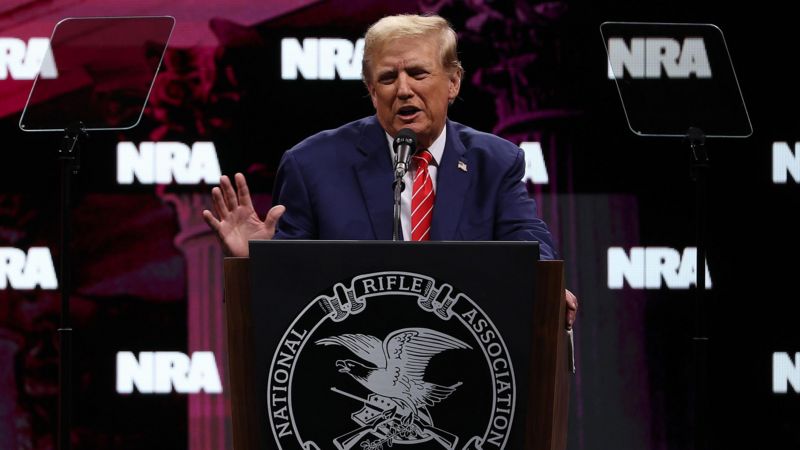
In an unprecedented move, a New York jury found former President Donald Trump guilty of 34 counts of falsifying business records, related to a $130,000 hush money payment to adult film actress Stormy Daniels. This landmark decision marks the first time a former U.S. president has been criminally convicted, adding a complex layer to Trump’s political and legal saga as he remains the Republican Party’s presumptive nominee for the 2024 presidential election. replique Tag Heuer
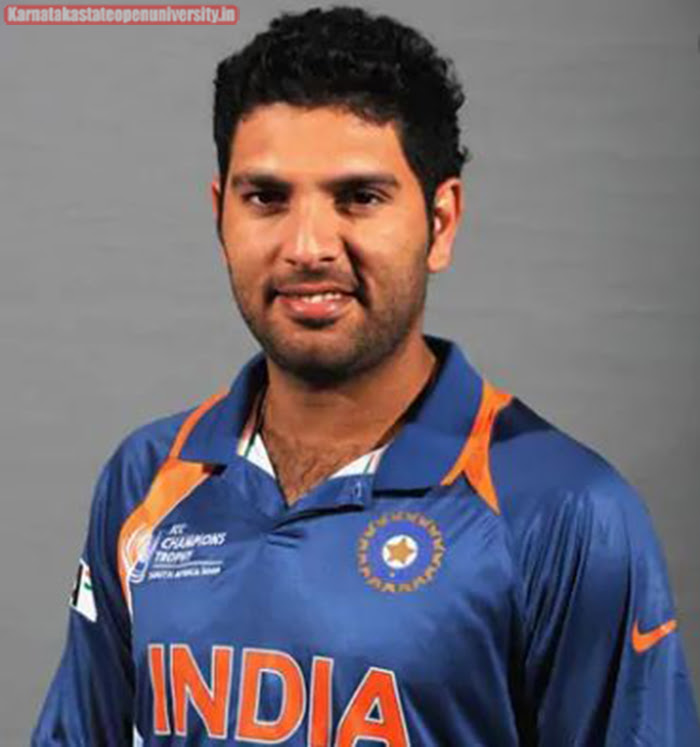
A Legal Battle and the Role of RERA
In a significant legal development, former Indian cricketer Yuvraj Singh has initiated legal action against two Delhi-based real estate firms over alleged violations of his privacy rights and delayed delivery of a dwelling unit. The legal notices, sent by the law firm Rizwan Law Associates on behalf of Singh, highlight serious grievances regarding the use of his image for promotional activities and the substandard quality of an apartment promised to him. This blog explores the background, legal implications, potential outcomes of this high-profile case, and the broader context of the Real Estate (Regulation and Development) Act, 2016 (RERA) in regulating the real estate sector in India. replique montre
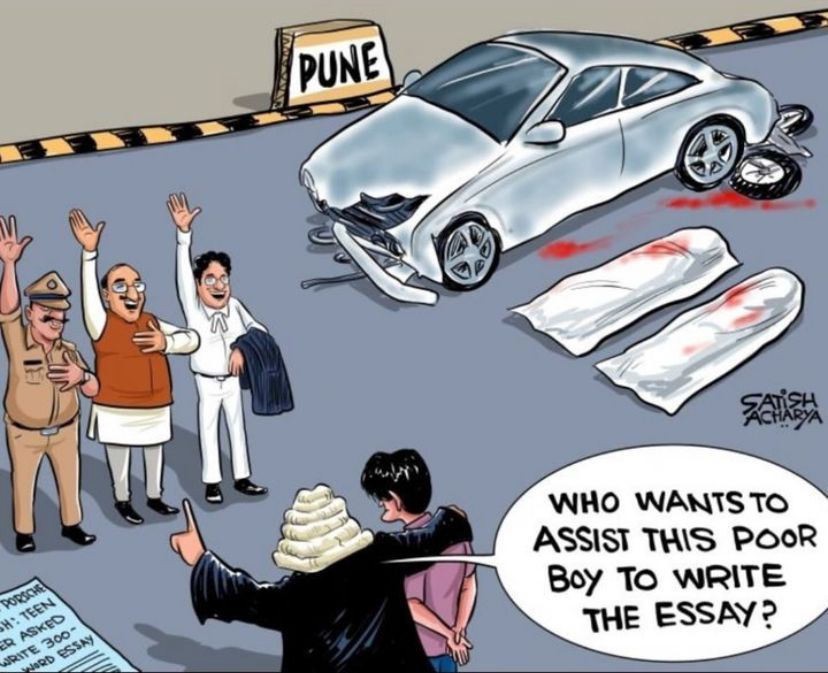
In the early hours of a seemingly ordinary day in Pune, the peaceful atmosphere was shattered by the screeching of tires and the crunch of metal. On that fateful day, 17-year-old Vedant Agarwal lost control of a high-performance Porsche, leading to a catastrophic accident that would resonate throughout the community. This article delves into the details of the crash, the aftermath, and the broader implications for road safety and legal accountability in India.
The crash occurred on a busy street in Pune, a city known for its vibrant culture and bustling trac. Vedant Agarwal, driving a Porsche, was reportedly speeding well above the legal limit when he lost control of the vehicle. Eyewitnesses recounted the horrifying scene: the car careened o? the road, smashing into a row of parked vehicles before coming to a devastating halt. The impact was so severe that it left a trail of destruction, and the wreckage of the Porsche was barely recognizable and due to the crash, it led to the killing of two people named Anish Awadhiya and Ashwini Koshta.

In a significant legal development, tech giant Google has taken its battle to the Supreme Court against the National Company Law Appellate Tribunal (NCLAT) order. The NCLAT had upheld the Competition Commission of India's (CCI) decision to impose a hefty penalty of Rs. 1337 crore on Google for alleged abuse of its dominant position.

BRIEF SYNOPSIS:
With the advent of independence of India, a dialogue upon the Uniform Civil Code (UCC) is still a conundrum for everyone. Everyone is inquisitive to know about UCC and how can we implement it in India? Firstly let me decode UCC in simple terms for the layman viewers. The Uniform means "the same", Civil means "Public" & Code means "Law". Hence, the UCC is nothing more than "an equal law for everyone".
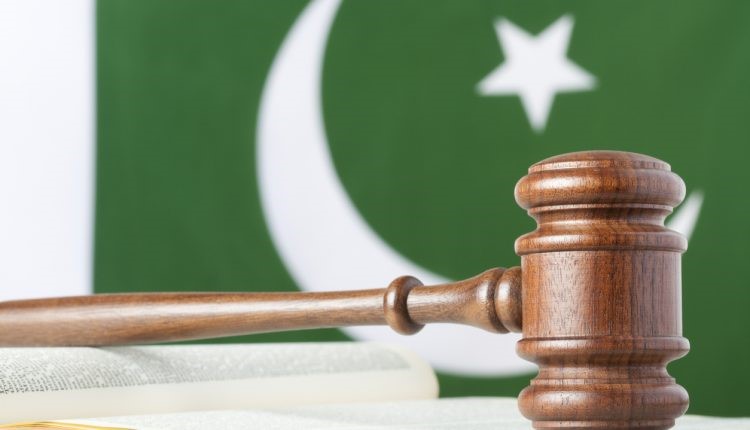
In a significant move that has stirred up both debate and anticipation, the National Assembly of Pakistan recently passed a bill seeking to amend the Elections Act 2017. This proposed amendment aims to limit the disqualification of lawmakers to five years with retrospective effect. This decision holds profound implications for the political landscape of Pakistan and its legal framework.
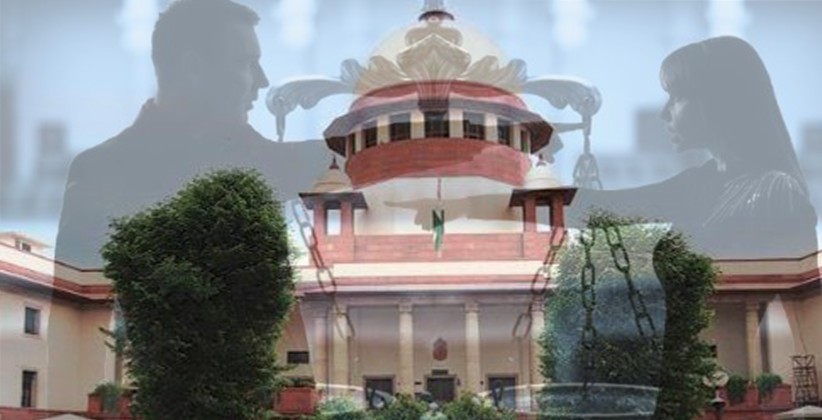
In the vast tapestry of India's legal landscape, Section 498A of the Indian Penal Code (IPC) stands as a thread that weaves together the complex issue of domestic violence. Often referred to as the "anti-dowry law," this provision seeks to protect married women from cruelty and harassment inflicted by their husbands or in-laws. However, the implementation and interpretation of Section 498A have sparked intense debates, revealing a web of complexities that require careful examination. In this blog post, we will delve into the multifaceted nature of Section 498A, explore its historical context, analyze its impact on society, and shed light on the challenges faced in its application.

In a world where global trade and commercialization dominate various industries, it is crucial to protect the cultural heritage and unique qualities of products that are tied to specific geographical locations. Geographical Indication (GI) plays a significant role in safeguarding traditional practices, preserving authenticity, and ensuring the economic welfare of local communities. In this blog, we will explore the concept of Geographical Indication and delve into some landmark judgements that have shaped its significance.

In an extraordinary stride towards inclusivity and equality, Estonia has emerged as a vanguard of change by becoming the first country in Central Europe to legalize same-sex marriage. Nestled in the captivating landscapes of the Baltic region, Estonia's decision stands as a historic moment, reinforcing its commitment to fostering a society rooted in fairness and love. With the scheduled implementation of this ground-breaking law in 2024, Estonia sets an inspiring example for other nations, symbolizing the transformative power of progress and acceptance on a global scale.

As the legal landscape evolves, it becomes increasingly important to understand the intricacies of various legal documents. In India, one such essential document is the Assignment Deed. Whether you are a lawyer, a business owner, or an individual looking to transfer rights or obligations, this informative blog will provide you with a comprehensive understanding of Assignment Deeds in India. replica rolex
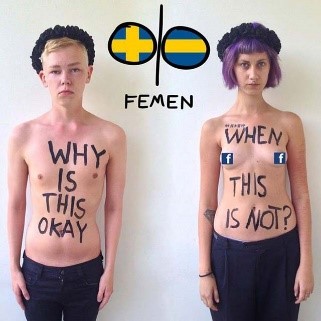
The right to freedom in Article 19 of the Constitution of Indian guarantees the freedom of speech and expression, as one of its six freedoms."Expression everything is life itself"– S.S Rushdie
XXX vs. State of Kerala: Nudity of Female Upper Body Shouldn't Be Regarded As Sexual Or Obscene By Default by the Kerala High Court:

A pre-nuptial or Pre-Marital agreement is a contract that a couple signs before they get married. The couple who lives together by virtue of agreement also enjoys their status as live-in relationship. The legally-binding agreement helps the couple decide how their money, property, and other assets will be divided in case of a divorce. But here is the question, whether pre-nuptial (nick name is PRENUPS) or Pre-marital agreement is permitted in India? Answer is big No. Still India does not accept such kind of agreement as equal to the status of legally solemnised marriage as per Indian Laws. Indian only recognizes form of marriage as per personal law or secular law.
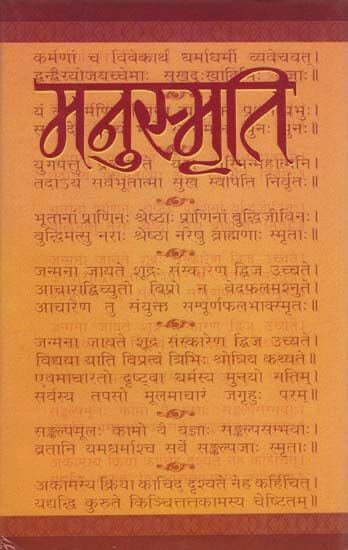
A minor rape victim whose father filed a plea sought to end her seven-month pregnancy was informed by the Gujarat High Court that in olden times females would generally get married at the age of 14 or 15 and give birth by the time they were 17; also asked the victim to ask her mother and grandmother about the same, and to study the Manusmriti to see such mentions.
However, requested a medical opinion from a Rajkot hospital and scheduled a follow-up hearing for June 15.

In a captivating legal showdown, Shemaroo Entertainment, a prominent player in the entertainment industry, recently sought a restraining order from the Bombay High Court against the renowned music label, T-Series. This legal manoeuvre was rooted in a claim of copyright infringement, raising eyebrows and curiosity among legal enthusiasts and industry observers alike.
The genesis of this dispute lies in the allegation put forth by Shemaroo Entertainment, asserting that T-Series has infringed upon its valuable copyright-protected content. With a vast library of audio and video content under its purview, Shemaroo Entertainment has garnered a reputation as a leading distributor of Bollywood films, music, and other entertainment products. It is no surprise, then, that Shemaroo considers the protection of its intellectual property rights as paramount.
Firmly believing that T-Series has unlawfully used its copyrighted material without authorization, Shemaroo took the proactive step of seeking a restraining order. Such an order, if granted, would prohibit T-Series from further utilizing Shemaroo's copyrighted content until the matter is resolved through legal proceedings. The aim of this legal action is to safeguard Shemaroo's interests and prevent any potential irreparable harm that may be caused by the continued unauthorized usage of their intellectual property.
Shemaroo's request for a restraining order represents a significant strategic move in the chessboard of copyright disputes. It showcases their intent to protect their creative works and secure their market position in the face of alleged infringement. By seeking legal recourse, Shemaroo is asserting its rights as a copyright holder and asserting the importance of respecting intellectual property in the entertainment industry.
T-Series has come forward with a compelling counterargument. T-Series, a prominent music label known for its extensive catalogue of songs, has refuted the allegations made by Shemaroo, primarily by challenging the validity and enforceability of the assignment deeds that supposedly granted exclusive copyrights to Shemaroo.
T-Series has vehemently contested the authenticity and legality of the assignment deeds in question. Through its legal representatives, the music label has put forth a robust defence, claiming that the assignment deeds, upon which Shemaroo bases its claims of exclusive copyrights, are fundamentally flawed. T-Series asserts that the purported deeds do not meet the necessary legal requirements, rendering them null and void.
In its response, T-Series has embarked on an extensive examination of the assignment deeds, meticulously dissecting each provision and technicality. The music label contends that the deeds lack the essential elements required for a valid assignment of copyrights, such as i. proper identification of the works, ii. clear transfer of rights, iii. and compliance with statutory formalities. T-Series further asserts that the alleged deeds fail to meet the high standards imposed by copyright law, making Shemaroo's claims of exclusive copyrights tenuous at best.
Moreover, T-Series has presented evidence challenging the authenticity and execution of the assignment deeds. The music label asserts that the signatures on these documents have raised doubts regarding their legitimacy. T-Series claims that these signatures do not align with the purported signatories' customary style, casting doubt on the validity of the assignment deeds and raising suspicions of potential forgery or unauthorized use of signatures.
T-Series' stance on the assignment deeds forms a critical pillar of its defence against Shemaroo's copyright infringement allegations. By questioning the validity and enforceability of these deeds, T-Series aims to dismantle the foundation of Shemaroo's claims, effectively challenging the very basis upon which Shemaroo asserts exclusive copyrights over the disputed content.
The renowned entertainment company Shemaroo Entertainment Pvt. Ltd. found itself facing an unexpected setback in its copyright infringement case. The legal tussle, which has captured the attention of industry observers, recently took a downturn as Shemaroo's request for interim relief was denied by the Bombay High Court.
Shemaroo Entertainment had sought interim relief from the court in the form of a restraining order against T-Series, alleging copyright infringement of its valuable intellectual property. The company's plea aimed to halt T-Series from further utilizing Shemaroo's copyrighted content until a final verdict could be reached. However, the court's decision to deny Shemaroo's request for interim relief marks a significant setback for the entertainment giant.
The denial of interim relief by the court implies that Shemaroo's immediate quest to curtail T-Series' alleged unauthorized usage of its copyrighted material has been halted. The court's decision underscores the complexity of the case and the need for a thorough examination of the evidence and legal arguments presented by both parties. It also signifies the court's position that the status quo should be maintained until a comprehensive ruling on the copyright infringement allegations can be made.
For Shemaroo Entertainment, this setback poses new challenges in its pursuit of protecting its intellectual property rights. The denial of interim relief means that the alleged infringement by T-Series may continue until a final judgment is reached, potentially causing further harm to Shemaroo's market position and creative works.
Nevertheless, it is crucial to note that this setback does not determine the ultimate outcome of the case. The denial of interim relief does not diminish the validity of Shemaroo's copyright infringement claims, nor does it absolve T-Series of potential liability. The court's decision merely reflects its assessment that the situation does not warrant immediate intervention before a comprehensive examination and determination of the facts and legal arguments can be undertaken.
The denial of interim relief sets the stage for a thorough examination of the evidence and legal arguments from both sides, ultimately leading to a final ruling on the copyright infringement allegations. It is within this forthcoming judgment that Shemaroo Entertainment hopes to regain lost ground and potentially secure the protection and enforcement of its valuable intellectual property rights.
Author- Smriti Singh
Pursuing BA LLB from NMIMS Kirit. P. Mehta School of Law, Mumbai

Commercial law in India is a significant area of legal regulation that governs business transactions, partnerships, and trade activities. It plays a crucial role in facilitating economic growth and ensuring a fair and efficient business environment. As a law student delving into the realm of commercial law in India, it is crucial to explore the most important legislations that govern business transactions and trade activities. These laws form the foundation of India's commercial legal framework and play a pivotal role in regulating the conduct of businesses. Let's delve into an in-depth analysis of some of the significant commercial laws in India.
N-55, Sri Niwas Puri, New Delhi 110065
ireneslegal9@gmail.com
+91 995 378 5058
Copyright © ireneslegal.com. All Rights Reserved.
Designed by Questend India Pvt Ltd